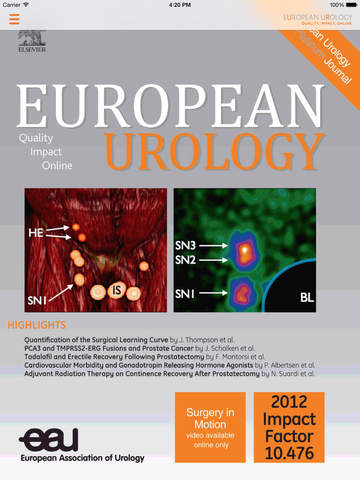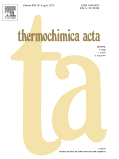
A pharmacology researcher at Ohio State University has added his seventh retraction, four years after a finding of misconduct by the U.S. Office of Integrity (ORI).
An analysis of the work of Terry Elton determined that he had
falsified and/or fabricated Western blots in eighteen (18) figures and in six (6) published papers.
In 2012, the ORI finding, which resulted in a three-year funding ban (that is now complete), recommended that Elton retract all six papers, one of which had already been retracted at the time of the report.
Four years later, the last of the six papers flagged by the ORI has finally been retracted by Molecular and Cellular Endocrinology.
Here’s the retraction notice: Continue reading 7th retraction for Ohio researcher who manipulated dozens of figures
 A journal has retracted the results of a clinical trial comparing strategies for bladder tumors after the authors mischaracterized the way patients were assigned to each procedure.
A journal has retracted the results of a clinical trial comparing strategies for bladder tumors after the authors mischaracterized the way patients were assigned to each procedure.

 A tribunal in the UK has
A tribunal in the UK has 



